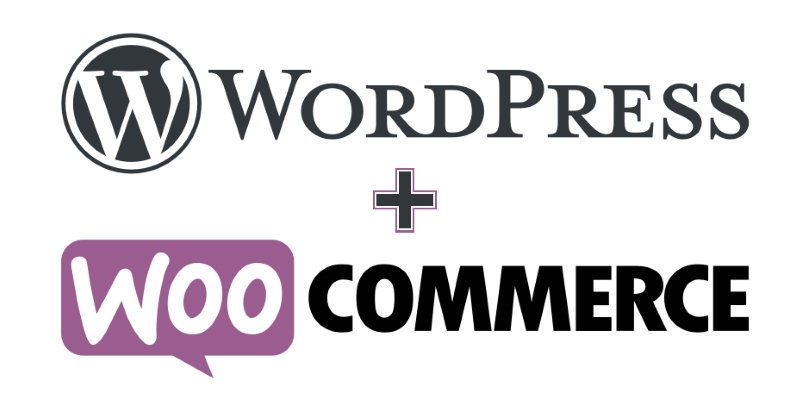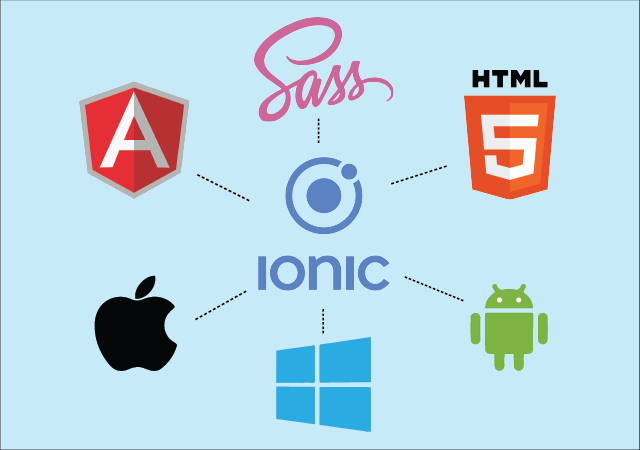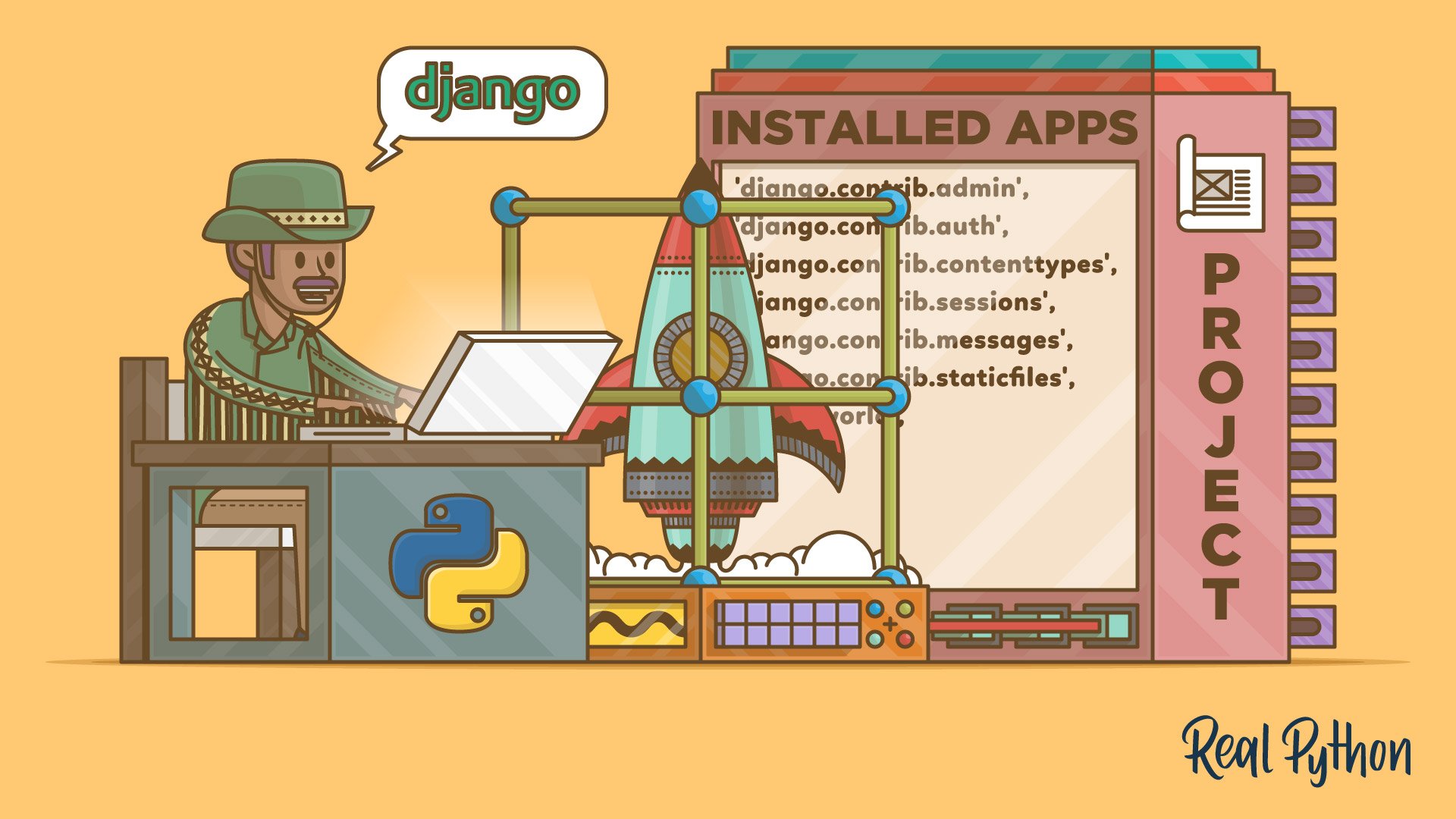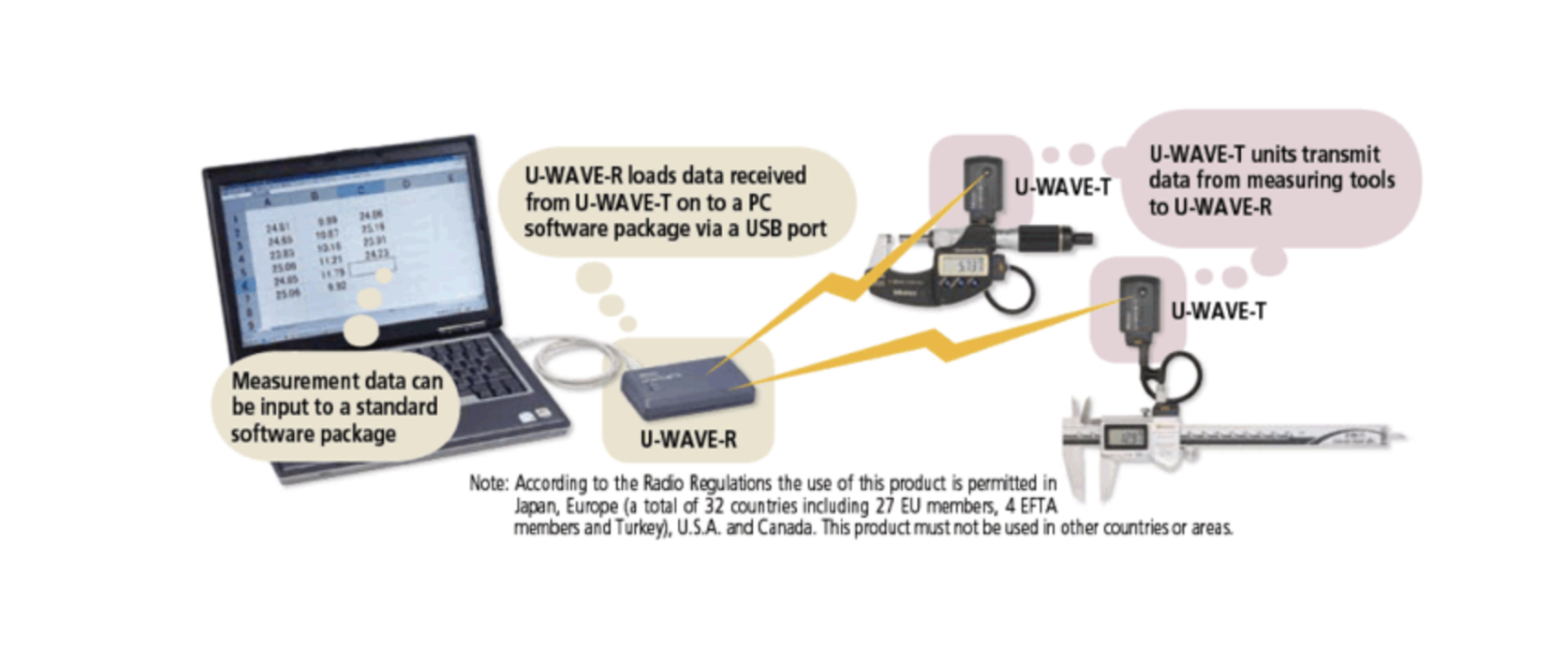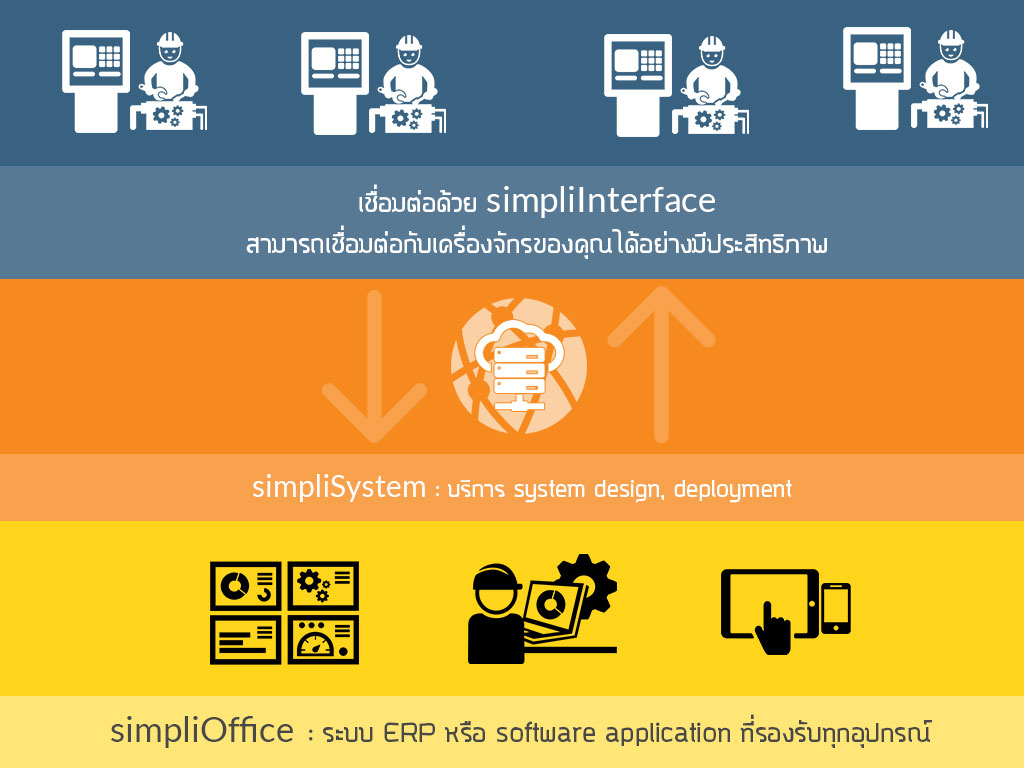Custom Software vs. Off-the-Shelf Solutions: Which Is Right for Your Business?
Choosing the right software solution for your business is a critical decision that can impact efficiency, scalability, and overall success. Two primary options to consider are custom software and off-the-shelf solutions. Let’s explore the pros and cons of each, along with real-life examples, to help you decide which is the best fit for your organization.
What is Custom Software?
Custom software is tailor-made to meet the unique needs of a specific business. It’s designed, developed, and deployed with your business processes, goals, and challenges in mind.
Advantages of Custom Software
1.Tailored to Your Needs
Custom software is built specifically for your organization, ensuring it aligns perfectly with your workflows and requirements.
Example:
Amazon developed its proprietary logistics and warehouse management system to optimize delivery times and improve customer satisfaction. Unlike off-the-shelf systems, their solution is tailored to handle the scale and complexity of their operations.
2.Scalability
As your business grows, custom software can be updated and expanded to meet new demands.
Example:
Netflix built a custom content recommendation engine powered by AI to deliver personalized viewing experiences. The system was designed to scale as Netflix’s subscriber base grew globally.
3.Competitive Advantage
With features and functionalities unique to your business, custom software can give you a significant edge over competitors.
Example:
Tesla developed custom software for its autopilot systems, enabling seamless integration with its hardware and advanced machine learning algorithms, setting it apart in the electric vehicle market.
4.Integration
Custom solutions can be designed to seamlessly integrate with your existing systems, reducing compatibility issues.
Disadvantages of Custom Software
1.Higher Initial Cost
Custom development typically requires a larger upfront investment compared to off-the-shelf solutions.
2.Longer Development Time
Building a solution from scratch takes time, which may delay implementation.
3.Ongoing Maintenance
The responsibility for updates, security patches, and other maintenance tasks often falls on your organization.
What are Off-the-Shelf Solutions?
Off-the-shelf software is a pre-built solution available for immediate use. Examples include popular applications like Microsoft Office, QuickBooks, or Salesforce.
Advantages of Off-the-Shelf Software
1.Lower Initial Cost
These solutions are generally more affordable upfront, as development costs are distributed across many users.
Example:
Small businesses often use QuickBooks for accounting because it offers an affordable and ready-to-use platform, eliminating the need for expensive custom solutions.
2.Quick Implementation
Off-the-shelf software is ready to use almost immediately, making it ideal for businesses that need a solution quickly.
Example:
A startup might choose Slack for team communication because it’s easy to set up and requires minimal training.
3.Vendor Support
Most off-the-shelf software comes with regular updates, technical support, and extensive documentation.
4.Community and Resources
Established software often has a large user base and a wealth of online resources for troubleshooting and optimization.
Disadvantages of Off-the-Shelf Software
1.Limited Customization
You might need to adjust your business processes to fit the software, rather than the other way around.
Example:
A retail company using Shopify might face limitations in customizing checkout workflows, as the platform enforces standardized processes.
2.Scalability Issues
As your business grows, the software might not adapt well to new demands or increased complexity.
3.Compatibility Concerns
Off-the-shelf solutions may not integrate seamlessly with your existing systems, potentially leading to inefficiencies.
Key Factors to Consider When Choosing
When deciding between custom software and off-the-shelf solutions, consider these factors:
1.Business Needs
- Are your requirements unique and complex? Custom software might be the better choice.
- If your needs are general and widely shared across industries, off-the-shelf software may suffice.
2.Budget
- Custom software requires a higher upfront investment but offers long-term flexibility.
- Off-the-shelf software is budget-friendly initially but might incur additional costs for customization or scalability.
3.Timeframe
- If you need a solution quickly, off-the-shelf software is the faster option.
- Custom software requires more time to develop and deploy.
4.Future Growth
- If your business is rapidly growing or has plans for significant expansion, custom software can scale with you.
- Off-the-shelf solutions might require replacement or heavy customization as your needs evolve.
Conclusion
Both custom software and off-the-shelf solutions have their own advantages and drawbacks. The right choice depends on your business’s unique needs, budget, and long-term goals.
- Choose custom software if your business requires a highly tailored, scalable solution and you have the budget and time to invest.
- Opt for off-the-shelf software if you need an affordable, quick, and reliable solution for general business needs.
Real-Life Decision Example:
- A small bakery expanding to multiple locations might choose an off-the-shelf Point of Sale (POS) system like Square for its affordability and ease of use.
- In contrast, a multinational manufacturing company might develop a custom ERP (Enterprise Resource Planning) system to integrate production, supply chain, and inventory processes.
By carefully evaluating your requirements and weighing the pros and cons, you can make an informed decision that aligns with your business objectives.
Get in Touch with us
Related Posts
- AI取代人类的迷思:为什么2026年的企业仍然需要工程师与真正的软件系统
- The AI Replacement Myth: Why Enterprises Still Need Human Engineers and Real Software in 2026
- NSM vs AV vs IPS vs IDS vs EDR:你的企业安全体系还缺少什么?
- NSM vs AV vs IPS vs IDS vs EDR: What Your Security Architecture Is Probably Missing
- AI驱动的 Network Security Monitoring(NSM)
- AI-Powered Network Security Monitoring (NSM)
- 使用开源 + AI 构建企业级系统
- How to Build an Enterprise System Using Open-Source + AI
- AI会在2026年取代软件开发公司吗?企业管理层必须知道的真相
- Will AI Replace Software Development Agencies in 2026? The Brutal Truth for Enterprise Leaders
- 使用开源 + AI 构建企业级系统(2026 实战指南)
- How to Build an Enterprise System Using Open-Source + AI (2026 Practical Guide)
- AI赋能的软件开发 —— 为业务而生,而不仅仅是写代码
- AI-Powered Software Development — Built for Business, Not Just Code
- Agentic Commerce:自主化采购系统的未来(2026 年完整指南)
- Agentic Commerce: The Future of Autonomous Buying Systems (Complete 2026 Guide)
- 如何在现代 SOC 中构建 Automated Decision Logic(基于 Shuffle + SOC Integrator)
- How to Build Automated Decision Logic in a Modern SOC (Using Shuffle + SOC Integrator)
- 为什么我们选择设计 SOC Integrator,而不是直接进行 Tool-to-Tool 集成
- Why We Designed a SOC Integrator Instead of Direct Tool-to-Tool Connections





